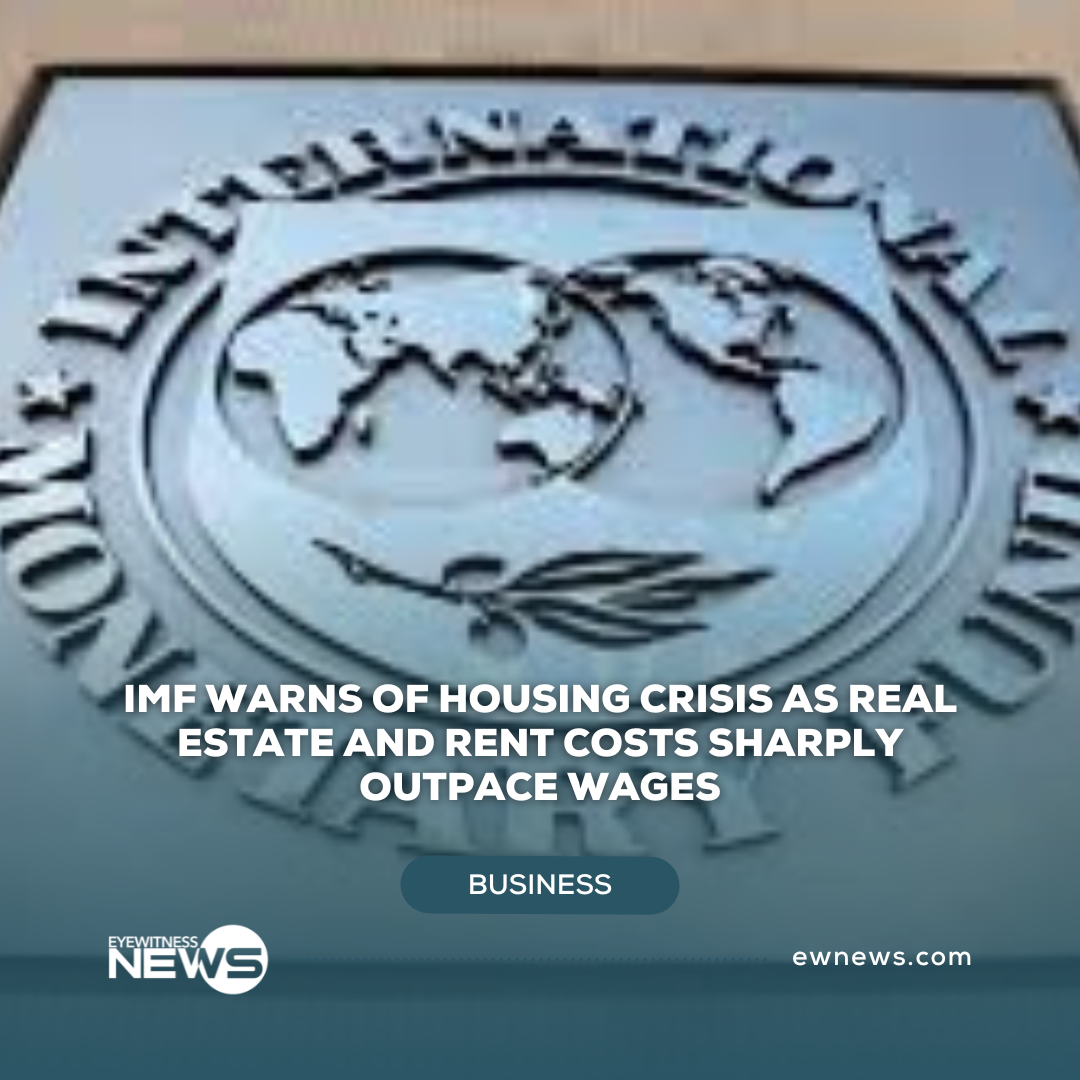NASSAU, BAHAMAS — The International Monetary Fund (IMF) has highlighted a growing housing affordability crisis in The Bahamas, where wages have lagged behind rising real estate prices and rents, which surged by 14 percent between 2012 and 2022, while average wages increased by only 2 percent, disproportionately affecting low-income households.
The Washington, D.C.-based fund, in its recently released Selected Issues paper on The Bahamas, noted that while short-term rentals have provided an economic boost to the tourism sector, they have also worsened the housing affordability crisis. The report emphasized that despite government efforts, more robust action is required to make affordable housing accessible to all citizens. The IMF has recommended increasing both public and private investment in affordable housing, regulating the short-term rental market to prevent it from crowding out long-term housing, and improving access to credit for potential homeowners in order to address the growing demand and limited supply.
The IMF paper highlighted significant demographic and economic shifts, noting that between 2010 and 2022, The Bahamas’ population grew by 13 percent, with especially notable increases in New Providence, which already had high population density. The population of New Providence rose by 20 percent during this period, with notable growth in areas such as the Exumas, Acklins, the Berry Islands, and Bimini. The report further noted that this population surge, coupled with displacement caused by Hurricane Dorian in 2019, has intensified the demand for housing.
“Despite the population increase, the average household size remained relatively stable. However, there was a slight rise in the average household size in New Providence—from 3.5 to 3.7 persons per household. This increase was most pronounced in high-density areas like Fort Charlotte, Freetown, Englerston, and Bain & Grants Town,” the IMF paper stated. “The increase in population, particularly in New Providence, has placed immense pressure on the housing market, and the supply of new housing has failed to keep pace. Since the global financial crisis, housing completions have steadily declined. The number of residential construction completions plummeted from a high of 1,705 in 2006 to just 607 in 2023.”
The IMF also stressed that wage stagnation has exacerbated affordability challenges. Between 2012 and 2022, while real estate prices and rents surged by 14 percent, average compensation per capita only increased by 2 percent, leaving low-income households especially vulnerable. “This wage stagnation has disproportionately affected the poor, with 58 percent of low-income households living in privately rented properties, making them vulnerable to volatile rental increases,” the IMF noted. Furthermore, challenges related to mortgage financing persist, with new mortgage commitments declining since 2008. While interest rates on mortgages have decreased, monthly mortgage payments have risen, and the mortgage approval rate stood at only 54.3 percent in the first half of 2024.
Meanwhile, the short-term rental market has flourished, further straining housing availability. The IMF noted that since 2018, the number of short-term rental listings in The Bahamas has more than doubled, from 4,076 in January 2018 to 7,265 by August 2024. This growth has been particularly pronounced in areas such as the Exumas, where rental rates have surged. “The short-term rental sector has become an attractive investment opportunity due to high rental rates and strong revenue potential,” the IMF noted. “While this sector provides additional income for property owners, it has also contributed to housing shortages, particularly in tourist-heavy regions.”
The paper noted that the government of The Bahamas has undertaken various initiatives to tackle the housing crisis, including the Department of Housing’s Guaranteed Loan Programme and efforts to reduce duties on building materials to aid reconstruction in the Family Islands after natural disasters. Despite these efforts, public spending on housing remains inadequate, it stated, pointing out that in 2021, government expenditure on housing and community amenities fell to just 0.02 percent of GDP, significantly below the Caribbean average of 1.3 percent.
The IMF concluded that addressing these housing challenges will require increased public and private investment, careful regulation of the short-term rental market, and enhanced access to credit for potential homeowners. It further noted that expanding the Guaranteed Loan Programme and other affordable housing initiatives will be critical to ensuring more Bahamians have access to homeownership.






